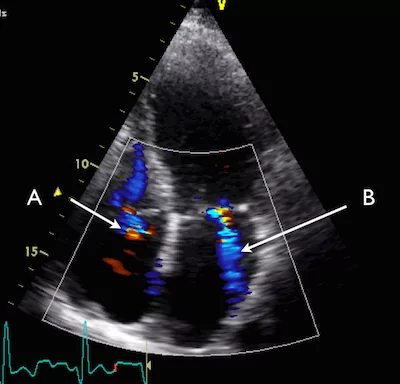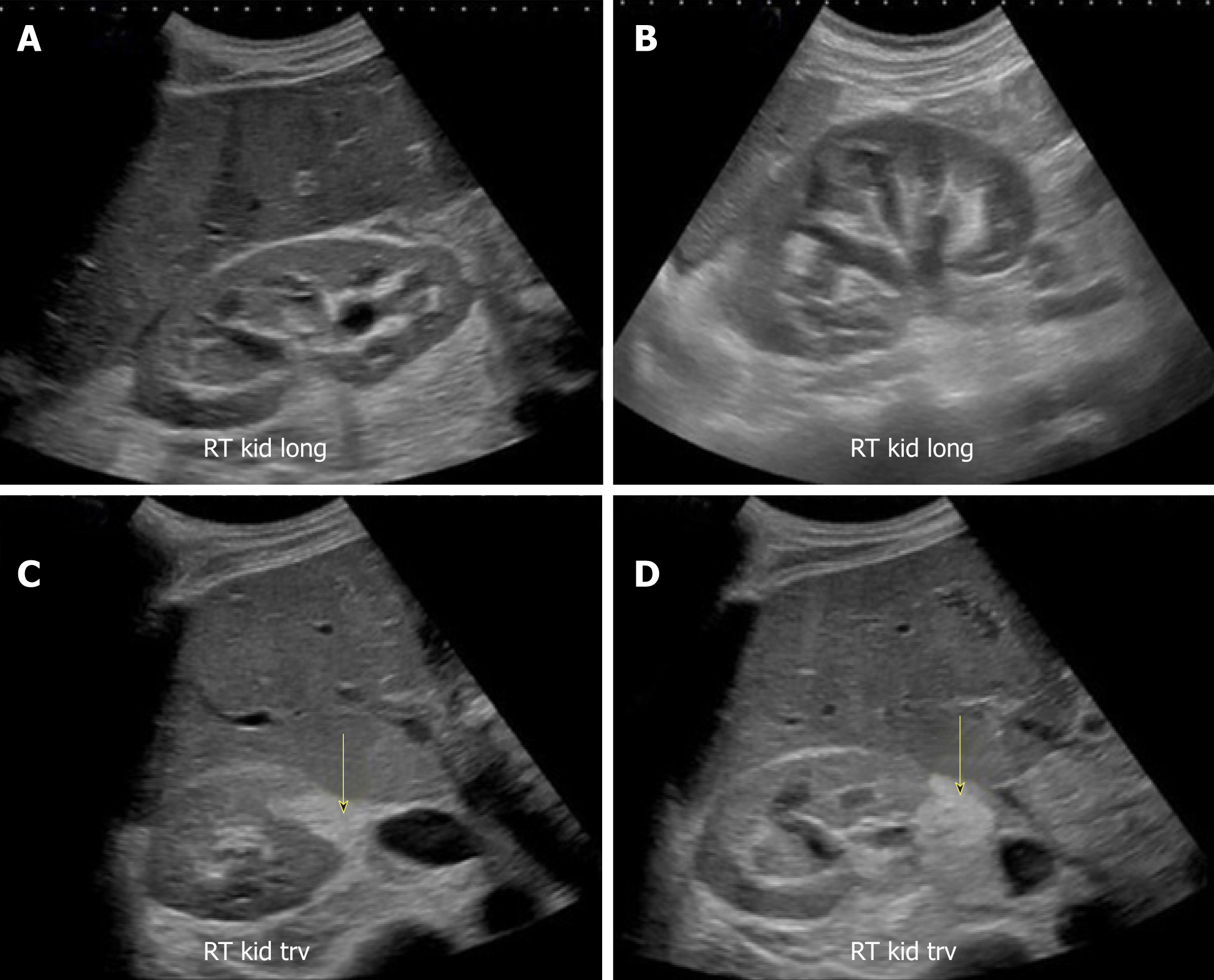

Write down any major stresses or recent life changes.Write down your family medical history, including a family history of heart murmurs, heart rhythm problems, heart defects, coronary artery disease, genetic disorders, stroke, high blood pressure or diabetes.Write down any symptoms, including any that may seem unrelated to heart murmurs.For example, if you're having a certain type of echocardiogram, you may need to avoid food or drink for several hours before the test. Ask if there's anything you need to do before your appointment. Be aware of any pre-appointment restrictions.Here's some information to help you get ready and know what to expect from your health care provider. So it's a good idea to be prepared for your appointment. You may be referred to a doctor that specializes in heart diseases (cardiologist).Īppointments can be brief. Although most heart murmurs are harmless, it's a good idea to check for any underlying heart problems that could be serious. If you're concerned about a heart murmur, make an appointment to see your family care provider. The way the surgery or procedure is done depends on the specific heart condition. A procedure using flexible tubes (catheter procedure).Tighten or reinforce the ring around a valve.Remove excess valve tissue so that the valve can close tightly.Replace the cords that support the valve.Separate valve leaflets that have fused.Surgery may be needed to correct a condition that causes a worrisome heart murmur.įor example, if a narrowed or leaky heart valve is causing the murmur and other symptoms, heart valve repair or replacement may be needed.ĭuring heart valve repair, a surgeon might: For instance, they may be recommended for people with artificial heart valves, a history of heart valve infections or congenital heart defects that increases the risk of infection inside the heart. Antibiotics are only recommended in specific situations. In the past, many people with worrisome heart murmurs were told to take antibiotics before surgery or dental procedures to prevent certain heart infections. A beta blocker lowers heart rate and blood pressure. High blood pressure can worsen underlying conditions that cause heart murmurs. Angiotensin-converting enzyme (ACE) inhibitors.A diuretic may be given to treat high blood pressure or other conditions that can make heart murmurs worse. This medicine removes excess fluid from the body. Blood thinners include warfarin (Jantoven), clopidogrel (Plavix), apixaban (Eliquis), rivaroxaban (Xarelto), dabigatran (Pradaxa) and others. Blood clots increase the risk of strokes. Some conditions that cause heart murmurs are closely linked to irregular heartbeats (arrhythmias) that can cause blood clots. This type of medicine prevents blood clots. Medications that might be used to treat heart conditions associated with murmurs include: A worrisome heart murmur requires close monitoring by a health care provider. Treatment for a worrisome heart murmur depends on cause. If a fever or an overactive thyroid (hyperthyroidism) causes a murmur, the murmur usually goes away once that condition is treated. Innocent heart murmurs don't usually need treatment. The dye helps blood vessels show up better on the images made during the test. Dye may be injected through the catheter. The catheter is gently guided to the heart. A heart doctor (cardiologist) inserts a flexible tube (catheter) into a blood vessel, usually in the groin or wrist. This test may be done when other tests haven't found a cause for the heart murmur. A health care provider can look at the signal patterns for signs of heart problems. Wires from the sensors connect to a machine, which prints or displays results. During an ECG, sensors (electrodes) are attached to the chest and sometimes to the arms or legs. This quick and painless test measures the electrical activity of the heart. Heart enlargement may cause some heart murmurs. It can tell whether the heart is enlarged.

A chest X-ray is a picture of the heart and lungs. It shows how blood flows through the heart and heart valves. An echocardiogram uses sound waves to create pictures of the beating heart. This is the main test used to determine the cause of a heart murmur. Tests are done to determine the cause of worrisome heart murmurs. Does exercising or changing body position affect the sound? One that happens when the heart fills with blood (diastolic murmur) or throughout the heartbeat (continuous murmur) may signal a heart problem. A murmur that occurs when blood leaves the heart (systolic murmur) generally is an innocent heart murmur. Where in the heart is it? Does the sound spread to the neck or back? How loud is the heart murmur on a scale from 1 to 6? The loudest heart murmur is 6.


 0 kommentar(er)
0 kommentar(er)
